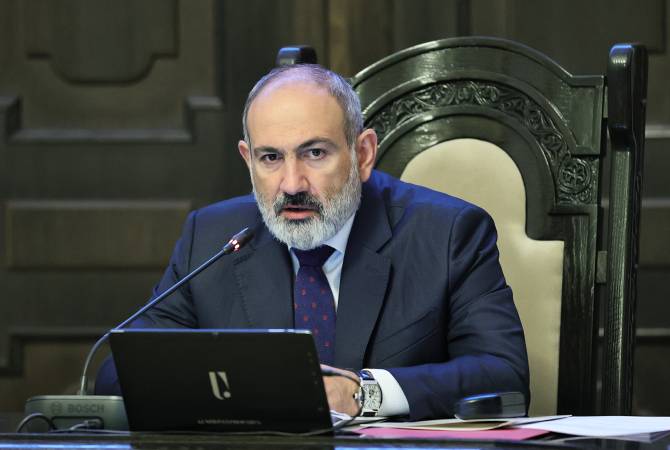
11:26, 28 September 2023
YEREVAN, SEPTEMBER 28, ARMENPRESS. Analysis shows that no Armenian will be left in Nagorno-Karabakh in the coming days, Prime Minister Nikol Pashinyan warned Thursday.
“The exodus of Armenians from Nagorno-Karabakh continues as a result of the policy of ethnic cleansing carried out by Azerbaijan. Analysis shows that no Armenian will be left in NK in the coming days. This is a direct act of ethnic cleansing and [dispossession], and what we’ve been warning about the international community for a long time. The statements made by various international actors condemning ongoing ethnic cleansings in NK are important, but if no concrete actions follow these statements will be viewed only for creating a moral statistics for history,” PM Pashinyan said.
He warned that various countries, by simply making statements and not taking action, are trying to have an opportunity to separate themselves from this crime, in order to then be able to say ‘well, we had condemned it.’
“If no relevant political and legal decisions follow the statements on condemning it, the condemnations become acts of giving consent to what’s happening. Regarding the Government of Armenia, our primary duty today is to receive our brothers and sisters forcibly displaced from NK with the utmost care and ensure their urgent needs are met,” Pashinyan said.
